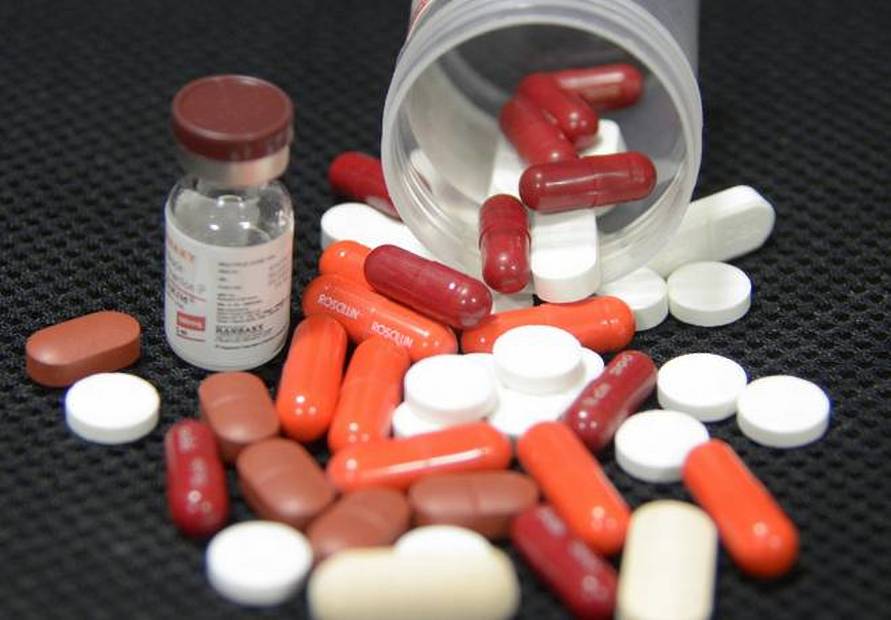Scientists from the University of Manchester developed the first non-antibiotic drug that can successfully treat tuberculosis in animals. The research team is hopeful that the compound -which they have developed after 10 years of painstaking research- will now be tried on humans within three to four years.
This new drug- which works by targeting Mycobacterium tuberculosis‘ defences rather than the bacteria itself and it can also take out its increasingly commonly antibiotic resistant strains. The research was funded by the Medical Research Council and published recently in the Journal of Medicinal Chemistry.
Although a vaccine for TB was developed about a 100 years ago, one in three people across the globe are probably infected. About 1.7 million die from the bug each year worldwide and about 7.3 million people were diagnosed and treated in 2018, nearly a million high from the 6.3 million in 2016.
It is most common in Africa, India and China, but is on the rise in the UK with London often called as the TB capital of Europe. Patients are asked to take a cocktail of strong antibiotics over a period of 6 to 8 months, which often leads to unpleasant side effects and that too, with a 20% risk that the disease will return.
But The University of Manchester team have shown that their discovery works effectively in guinea pigs at Rutgers University in the United States. The animals had acute and chronic TB infection and were treated with the compound, which was found after investigating a lot of other derivatives and compounds that have similar properties.
Professor Lydia Tabernero, the project leader, said, “The fact that the animal studies showed our compound, which doesn’t kill the bacteria directly, resulted in a significant reduction in the bacterial burden is remarkable.
“For more than 60 years, the only weapon doctors have been able to use against TB is antibiotics. But resistance is becoming an increasingly worrying problem and the prolonged treatment is difficult and distressing for patients.
“And with current treatments, there’s no guarantee the disease will be eliminated: antibiotics do not clear the infection and the risk of being infected with drug-resistant bacteria is very high.
“But by disabling this clandestine bacteria’s defences we’re thrilled to find a way that enhances the chances of the body’s immune system to do its job, and thus eliminate the pathogen.”


I appreciate this work amazing post for us I like it.